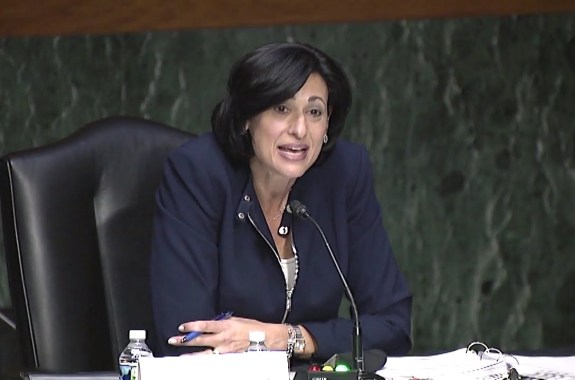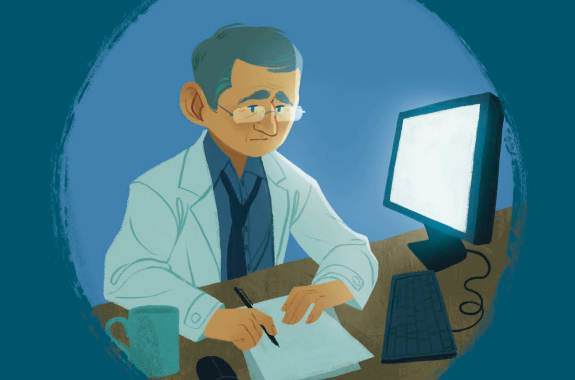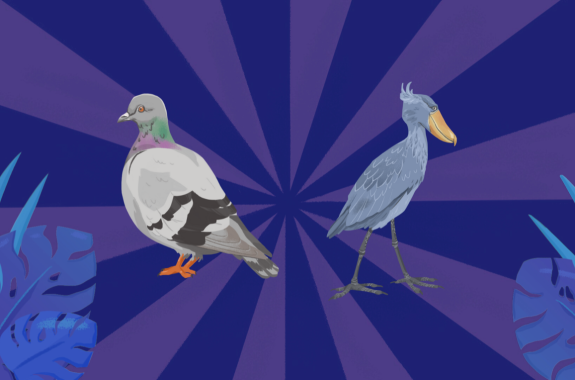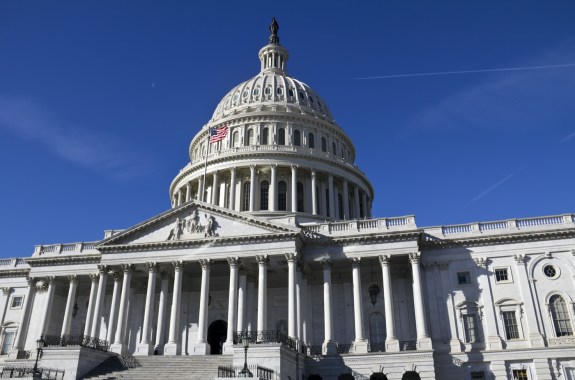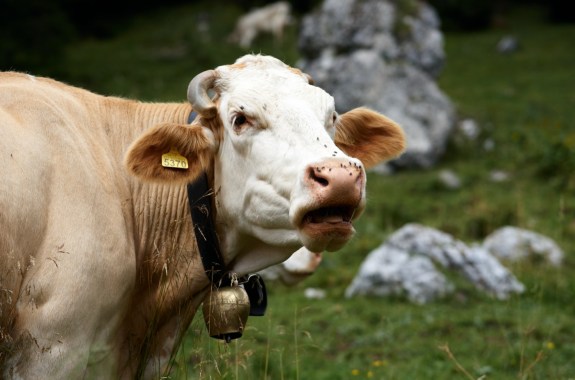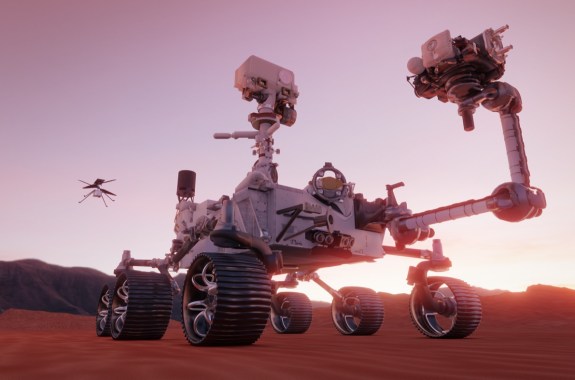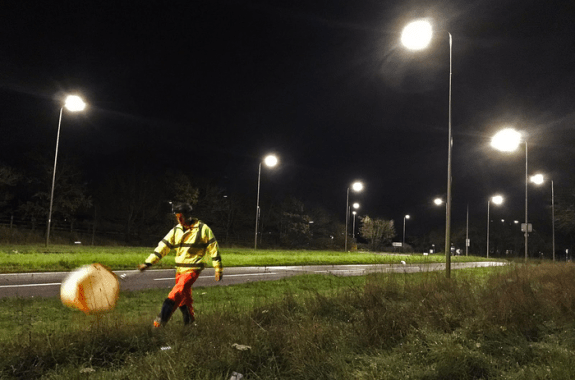Radio
Listen to Science Friday live on Fridays from 2-4 p.m. ET
November 22, 2024
On the 50th anniversary of Lucy’s discovery, paleoanthropologists reflect on what she means to science, and what she taught us about ourselves. Plus, divers have recovered seeds of a long-lost rye variety from a 146-year-old shipwreck in Lake Huron. And, just in time for Thanksgiving, a potato researcher explains potato varieties, potato nutrition, and some tubular tuber facts.
16:41
Behind The Booster Battle
How U.S. agencies with different goals are leading to muddled messaging on COVID-19 vaccine booster shots.
12:12
Pilgrim Nuclear Power Plant Gears Up To Move Its Radioactive Waste
Decommissioning the nuclear power plant in Plymouth, Massachusetts has been a long, dangerous process.
17:24
Dr. Fauci’s Life Illustrated In A New Book For Kids
A new children’s book revisits the NIH doctor’s childhood and history, with an emphasis on curiosity.
17:25
A Charismatic Match-up Between Two Feathered Friends
Who is more charismatic: the shoebill stork or pigeon? The decision is in your hands.
17:24
Congress Is Considering Two Climate Change Bills. What’s In Them?
Two bills aim to reduce the U.S. carbon footprint. If they pass, it would be Congress’ first major actions on climate change.
12:06
Scientists Potty Train Cows To Lower Greenhouse Gasses
The ‘MooLoo’ is the latest idea to make cows more environmentally friendly.
12:01
Do I Really Need 10,000 Steps A Day? Scientists Say 7,000 Is Fine
It turns out “getting your steps” is more than a trope. New research finally backs up the health benefits of walking.
4:07
NASA Scientist Answers Kids’ Questions About The Mars Rover
A NASA research scientist answers questions from kids about the Perseverance Mars rover, like how its samples will get back to Earth.
12:10
Nighttime Streetlights Are Stressing Out Urban Insects
New findings suggest that streetlights are contributing to the decline of insect populations.
17:32
The Endemic End To The Pandemic
Will the COVID-19 pandemic eventually shift to an endemic stage?
